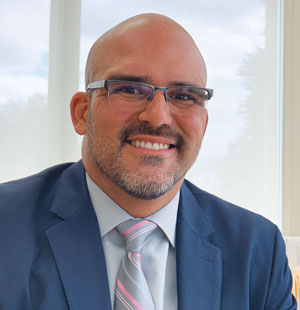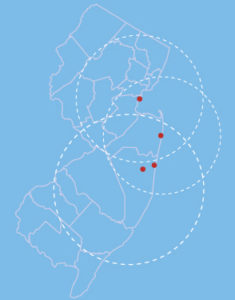How to manage and prevent panic attacks

A panic attack is a sudden episode of intense fear. During a panic attack, the brain misinterprets danger, and the “fight or flight” instinct takes over. A panic attack may be caused by a specific phobia or general anxiety. The Diagnostic and Statistical Manual (DSM-IV), identifies the following symptoms for panic attacks:
- Palpitations, pounding heart, or accelerated heart rate
- Sweating
- Trembling or shaking
- Sensations of shortness of breath or smothering
- Feeling of choking
- Chest pain or discomfort
- Nausea or abdominal distress
- Feeling dizzy, unsteady, lightheaded, or faint
- Feelings of unreality or being detached from oneself
- Fear of losing control or going crazy
- Fear of dying
- Numbness or tingling sensations
- Chills or hot flushes
A child experiencing these symptoms will naturally act out in ways like screaming, fleeing, or even hitting. With treatment, the panic attacks can usually be stopped. Therapies are helpful in addressing the anxiety that causes the panic attack, but obviously, once the panic attack has been triggered, the first priority is to calm the child’s nervous system before therapy can take place.
Panic attacks can severely uproot a child’s emotional well being. They are associated with increased risk of depression, substance abuse, self-injury, or suicide if untreated. That is why it is important to seek medical help as soon as possible. Never dismiss the episode. Children and adolescents with symptoms of panic attacks should first be evaluated by a family physician or pediatrician. Once physical illness is ruled out, then the next step is to schedule an evaluation by a child psychiatrist who may prescribe a combination of medication and psychotherapy.
In their book Your Anxious Child, John Dacey and Lisa Fiore suggest a four-step approach based on cognitive-behavioral therapy for how to manage panic attacks.
1. Learn how to calm the nervous system.
There are many ways to do this so work with your child to develop one or two that work the best. As soon as the child starts to feel anxious, immediately deploy a calming technique.
- Take deep breaths.
- Try doing a burst of intensive aerobic exercise.
- Try massage therapy or a weighted blanket.
- Journal about fear and anxiety.
- Visualize positive imagery.
- Meditation, prayer, chanting, and singing can work to calm the nervous system.
2. Create a daily plan.
- Develop family rituals. Having predictable morning, mealtime, and bedtime routines that the whole family sticks to will help provide emotional security. Calming routines, such as deep breathing, prayer, guided imagery or exercise, can be built into everyday life.
- Exercise every day.
3. Persist in the face of obstacles and failure.
It might get worse before it gets better, but take every opportunity to communicate the successes and failures and learn what you can for next time. Gently push your child to try new experiences even if it is frightening. Start slowly at first, taking miniscule steps, allowing your child to safely develop his or her comfort level at his or her own pace.
4. Evaluate and adjust the plan.
Keep track of emotions during the treatment process. If something is not working, find another way. Review and adapt your strategy as necessary.
Final note to parents
It is so hard to watch your child suffering from panic attacks, but knowing the facts about panic attacks and these strategies to help manage them can help your child and all of your family live more peacefully in a scary world.

Alpha School an private special education school in New Jersey
Our Mission at The Alpha School is to help all of our special needs students with the learning, social, language, and behavioral support they deserve. Our highly skilled staff are committed daily to helping each student to becoming the best they can while providing a safe and nurturing educational environment.
We would be more than happy to discuss your child’s specific needs and challenges, so please call us at 732.370.1150, or request a tour of Alpha School of Jackson, NJ located just minutes off of Route 9 and Route 195 in Ocean County.
— John Gonzalez, Principal-Alpha School, Jackson, NJ
About RKS Associates
At all the RKS Schools we pride ourselves in discovery the hidden treasures of all of our students. Our academic and support services are appropriately customized for a student unique and diverse needs so that they can reach their full potential.
Alpha School is part of special needs network of schools located in Monmouth, Middlesex and Ocean County New Jersey. Since 1980 the RKS Associates schools have been leaders in helping special needs helping students with various disabilities including autism, Down's syndrome, communication, learning, social, behavioral and emotional disabilities. The range of services RKS schools provide is academic instruction and speech, occupational and physical therapies. In addition to Life Skills, Technology, and a full complement of Support Services.



